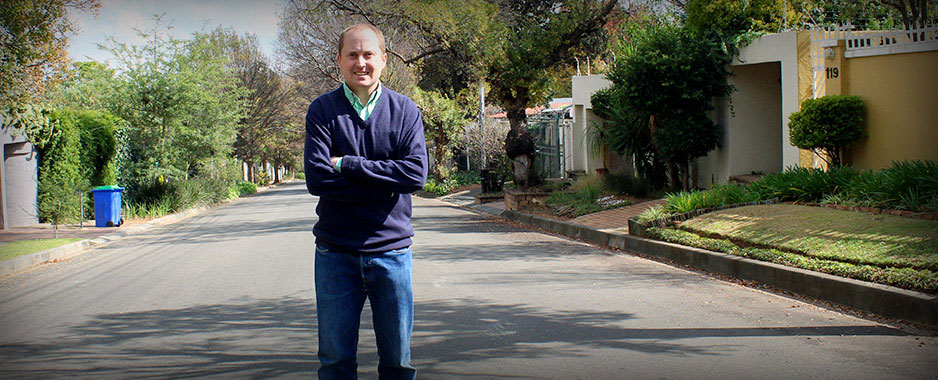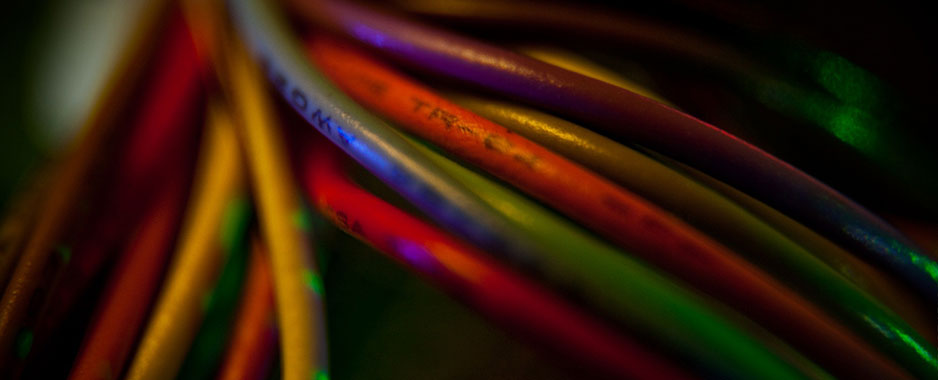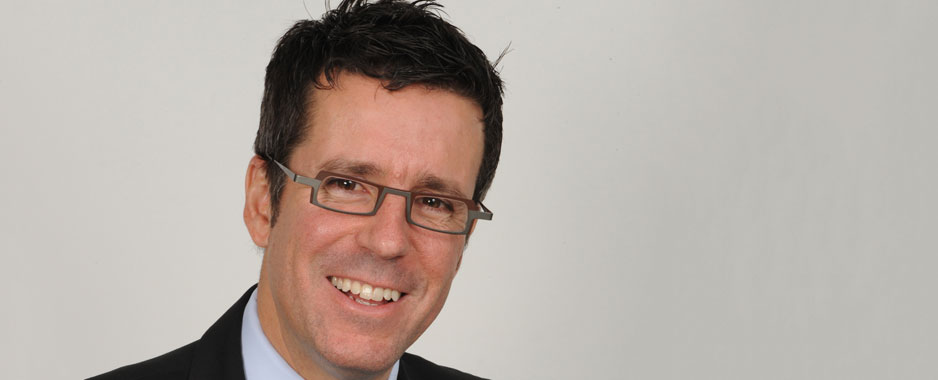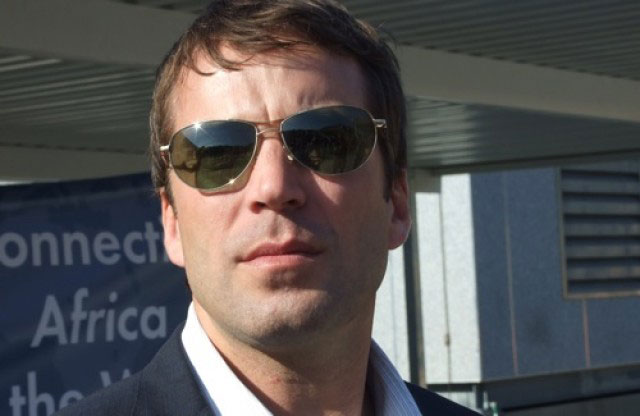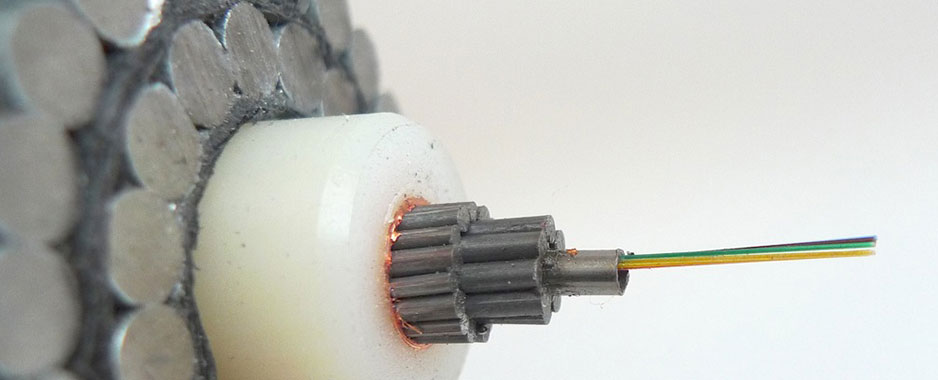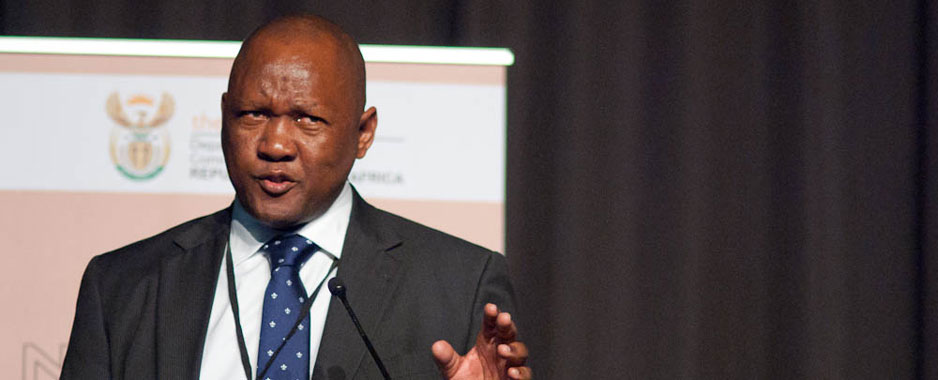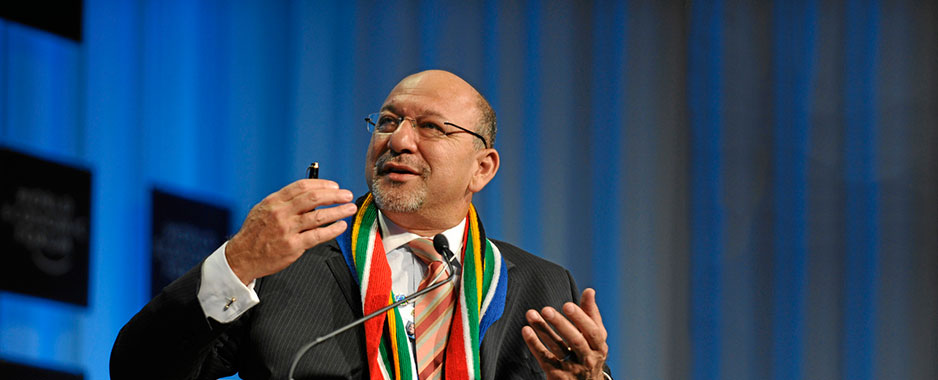In the past 20 years, Telkom has lost almost every aspect of the absolute monopoly it once held over South African telecommunications. First, it lost its supremacy over voice communication as cellular rivals challenged it for dominance and won. Today, the cellular operators carry the vast majority of
Browsing: Seacom
The Sat-3/Wasc/Safe cable is being given a substantial upgrade. The system, which runs from Europe to South Africa via West Africa and from South Africa to Southeast Asia, has been upgraded from 420Gbit/s to 920Gbit/s in the northern segments
The quaint “village” of Parkhurst is one of my favourite weekend spots and I often visit its pubs and eateries with the missus. So, as the resident of a neighbouring suburb, news that Parkhurst is planning to roll out fibre broadband to all homes and businesses piqued my interest. What was of particular interest was
Seacom has deployed Akamai Technologies’ content clusters and caching nodes on its network, it said on Tuesday. US-headquartered Akamai, which operates a global Internet content delivery network, is responsible for delivering nearly a third of all Web
Convergence Partners is the newest investor in 4Di Capital’s venture capital (VC) fund. The technology investment management firm, founded and controlled by businessman Andile Ngcaba, will be an equal limited partner in the fund alongside Reinet (the Rupert family) and E Oppenheimer & Son
Just a week after Seacom announced that its founder, Brian Herlihy, was returning to lead the company, replacing CEO Mark Simpson, the pan-African subsea cable operator has announced a further management shake-up. In a statement, Seacom says the changes
Seacom CEO Brian Herlihy is returning to the helm of the company he founded following the unexpected departure of Mark Simpson from the top job at the submarine telecommunications operator. “Seacom today announces that … Simpson has decided to leave the company to pursue personal
The East African Submarine System (Eassy), a subsea telecommunications cable along Africa’s eastern shoreline, is set to get a speed boost with supplier Alcatel-Lucent set to deploy the latest 100Gbit/s wavelength technology on the network. The upgrade will allow Eassy ultimately to carry
Convergence Partners, the investment management firm controlled by Dimension Data Middle East and Africa chairman Andile Ngcaba, has raised US$145m (about R1,5bn) in the “first close” of a new sub-Saharan Africa-focused communications infrastructure fund
Minister in the presidency and National Planning Commission head Trevor Manuel has warned that South Africa is falling behind in information technology and has issued a challenge to the industry to turn the situation around. Manuel was speaking at the State IT Agency’s




